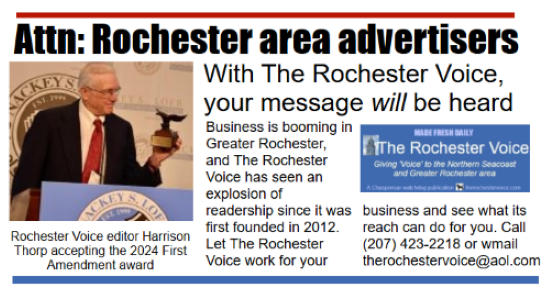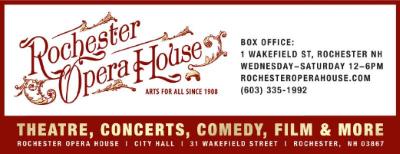
The New Hampshire Private Road Taxpayers Alliance (NHPVRTA) is a state-wide nonprofit organization in existence since 2019. Their website at www.nhpvrta.com says that their mission is to seek fairness and equity for New Hampshire taxpayers that own property on residential private ways. The NHPVRTA was formed when a group of like-minded individuals determined that some New Hampshire municipalities were increasing the approval of developments of private road communities, many of which contained substandard roads and related infrastructure. This was seen as an alarming trend that could enormously impact the future of our state for several reasons.
Many buyers of residential properties on private roads are unaware that their roads will not be maintained by the municipality, but regardless the full ramifications of purchasing a home on a private road are not evident until several years later. Typically, developers who build these types of communities obtain municipal variances that allow roads to be built to standards less than those required for public roads. Most private road communities are not private at all because those private roads can be used as cut throughs from one public road to another. Many private roads are paved, many have curbs some have sidewalks and most are undistinguishable from public roads. Many are located in high-density type neighborhoods which you would think make it easier and less costly for municipalities to plow, maintain and replace but these municipalities are instead intentionally taking advantage of these particular taxpayers.
When many high-density private road developments are built the developers set low Homeowners Association (HOA) fees to entice initial buyers but after a few years those residents realize that the fees need to be substantially increased to fund the inevitable costs of maintenance, repair and replacement. That is when the residents begin to realize they are treated differently than other property tax residents. Although there is no property tax reduction in the assessment of private road properties residents have the additional burdens of acquiring the expertise to determine what needs to be done to maintain their roads and infrastructure, when, by whom and at what cost. Public road residents have no such worries or additional expenses yet there is no difference in tax assessing these properties. Thus, private road residents which currently are in the minority in most municipalities are subsidizing the public road residents which is totally unfair and very poor public policy.
If the proliferation of private road communities is left unabated the fear is that many such communities will not have sufficient expertise or funding to maintain proper upkeep thus creating a deterioration of all property valuations in any given city or town. Municipalities are currently reaping huge tax revenue benefits by shifting the burden of maintaining roads and infrastructure to these residents. There is also some concern that municipalities are not doing proper due diligence in approving and inspecting the construction of private roads and infrastructure since they never have any legal or financial obligations to those taxpayers.
Municipalities have no interest in changing the situation and their defense comes in several forms, including that NH is a Dillon Rule State (we can only do what the State allows us to do), it is illegal to use public funds to maintain "private " roads (RSA 231:59) and of course, the roads are not built to public standards, so they cannot accept them. The NHPVRTA was formed to seek a remedy to this situation from the State.
Currently the NHPVRTA has introduced new legislation in the NH Senate for this next legislative session. The first one is Legislative Service Request (LSR) LSR-2022-2951 sponsored by Senator Regina Birdsell (Hampstead). LSR 2022-2951, Relating to Qualified Private Communities only pertains to future private road communities and it would make it mandatory that developers of qualified private road communities create a Capital Reserve Fund of no less than 50% of the cost to replace roadways based on certain criteria at the time of completion.
The second legislation was filed by Senator Sharon Carson (Londonderry) also as an LSR but having no assigned number yet. That legislation relates to a Tax Credit For Qualified Private Communities and would grant municipalities the optional authority to offer a tax credit to qualified private road community property owners. The tax credit would be determined by those municipalities based on what the municipality reasonably determines it would cost them to provide and maintain certain enumerated services such as snow removal, lighting, repairs, replacement, fire hydrants, sewer and water. Property owners would need to apply yearly for any such tax credit. Both LSR's are expected to have multiple cosponsors from both the House and the Senate.
Anyone can contact the NHPVRTA by visiting their website at www.NHPVRTA.com to find out what you can do to help promote these 2 Bills. With your help the NHPVRTA can move toward equity and fairness for private road taxpayers.













